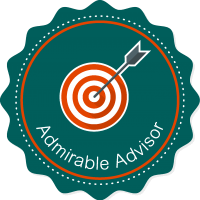The Science of Sleep and Learning:
As educators, we stand at the intersection of science, psychology, and education, weaving together evidence-based strategies to nurture our students’ growth. Sharing with you today, the information collected from listening to podcasts, books, and my personal experiences with my students.
A fascinating integration that speaks volumes about the importance of restful sleep in enhancing learning. Science tells us that the brain operates at its peak when it’s well-rested. Countless studies and experiments have underscored the profound impact of sleep on cognitive function.
Picture this: students who engage in a reading session followed by a night of restful sleep demonstrate significantly higher levels of knowledge retrieval compared to those who burn the midnight oil cramming for exams.
The psychology behind this phenomenon. In my interactions with students, a recurring theme emerges: anxiety about upcoming exams often sabotages their ability to achieve restful sleep. It’s a vicious cycle – the more they worry, the harder it becomes to unwind, leading to late-night study sessions fuelled by adrenaline and coffee at times.As educators, it’s imperative that we not only acknowledge but also address these challenges head-on. By fostering a culture that prioritizes rest and well-being, we pave the way for our students to thrive academically and emotionally.
Education isn’t solely about imparting knowledge; it’s about empowering our learners to unlock their full potential.
Resource articles:
Overnight alchemy: sleep-dependent memory evolution (Nature Reviews Neuroscience)
Sleep-Dependent Memory Processing (Harvard Review of Psychiatry)
Reactivation of Hippocampal Ensemble Memories During Sleep (Science)
Huberman podcast



Thank you for the insight
Thanks Raukiya.